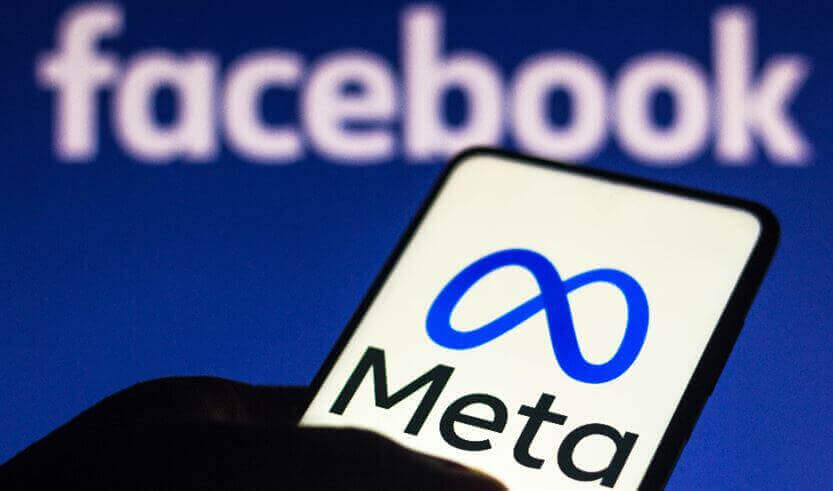Discover the Fundamentals of Pay-Per-Click (PPC) Advertising
Source
https://www.wordstream.com/ppc#:~:text=PPC%20stand
09 August 2023
Discover the Fundamentals of Pay-Per-Click (PPC) Advertising
If you possess limited knowledge about PPC marketing and desire to expand your understanding, or if you're aware of the benefits of PPC for promoting your business but unsure how to begin, you're in the perfect spot!
PPC, which stands for pay-per-click, is a digital advertising model where advertisers are charged a fee each time someone clicks on their ads. The essence of PPC is to drive targeted traffic to a website, landing page, or application. When implemented effectively, the cost per click is minimal compared to the value generated from the click. For instance, if you pay $3 for a click that leads to a $300 sale, you can achieve a substantial profit.
PPC ads come in various formats, including text, images, videos, or a combination of these elements. They can be displayed on search engines, websites, social media platforms, and other online channels.
Search engine advertising, also referred to as paid search or search engine marketing, is a highly popular type of PPC advertising. It enables advertisers to compete for ad placement within a search engine's sponsored links section whenever a user conducts a search related to their business offerings. For instance, if we place a bid on the keyword "Google ads audit," our advertisement promoting the free Google Ads Performance Grader has the potential to appear on the search engine results page (SERP) when someone searches for that specific term or a related query.
How does PPC advertising work?
PPC advertising operates in various ways across different platforms, but the general process is as follows:
1. Determine your campaign type: Select the campaign type that aligns with your advertising objective, such as driving website traffic, generating leads, or increasing brand awareness.
2. Refine settings and targeting: Specify your campaign settings, including audience demographics, devices, geographic locations, scheduling, and other relevant criteria. This ensures your ads reach the right audience at the right time.
3. Set budget and bidding strategy: Determine your budget for the campaign and select a bidding strategy. Bidding strategies can be manual, where you manually set bids for each keyword or ad placement, or automated, where the platform optimizes bids based on your budget and goals.
4. Provide destination URL: Input the URL of the landing page or website where you want users to be directed when they click on your ad. This page should be relevant to your ad and optimized to encourage desired actions from visitors.
5. Create your ad: Build your advertisement by crafting compelling ad copy, selecting relevant keywords, and incorporating eye-catching visuals or other media elements, depending on the platform. Ensure that your ad aligns with your campaign goals and resonates with your target audience.
After your ad is launched, its placement and the cost per click (CPC) are determined algorithmically, considering factors such as your budget, bid, campaign settings, and the quality and relevance of your ad. The specific details of where and when your ad appears can vary depending on the platform and targeting options you've chosen.
Platforms offering PPC advertising prioritize user satisfaction and, therefore, reward advertisers who create relevant and trustworthy pay-per-click campaigns. These rewards often come in the form of higher ad positioning, ensuring your ad is more prominently displayed, and lower costs, resulting in a more favorable CPC.
To maximize your profits from PPC advertising, it is crucial to understand and implement effective strategies. Learning how to create well-optimized and relevant campaigns will help you achieve higher ad positions, increase click-through rates, and generate better returns on your investment.
Related Articles

18 November 2022
New tools have just been released by Meta to assist creators in expanding their communities, finding new audiences, and making money from their content.

10 September 2024
Lebanese designers Elie Saab and Rami Kadi are embracing the metaverse, redefining fashion shows through immersive digital experiences. By blending haute couture with Web3.0 technology, they create interactive, globally accessible events that push the boundaries of fashion and innovation.